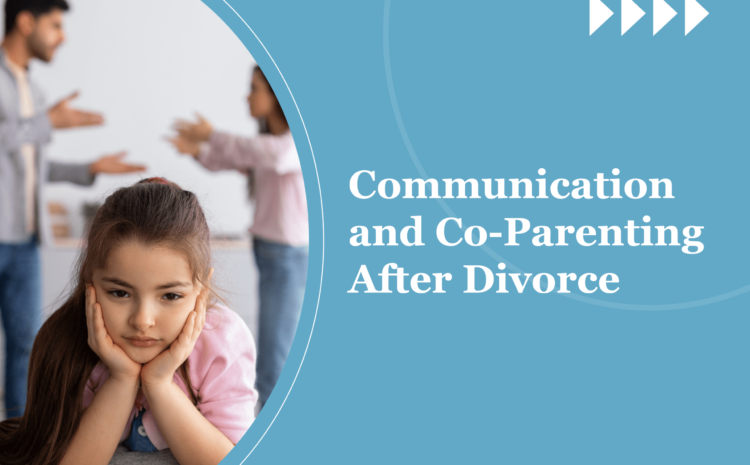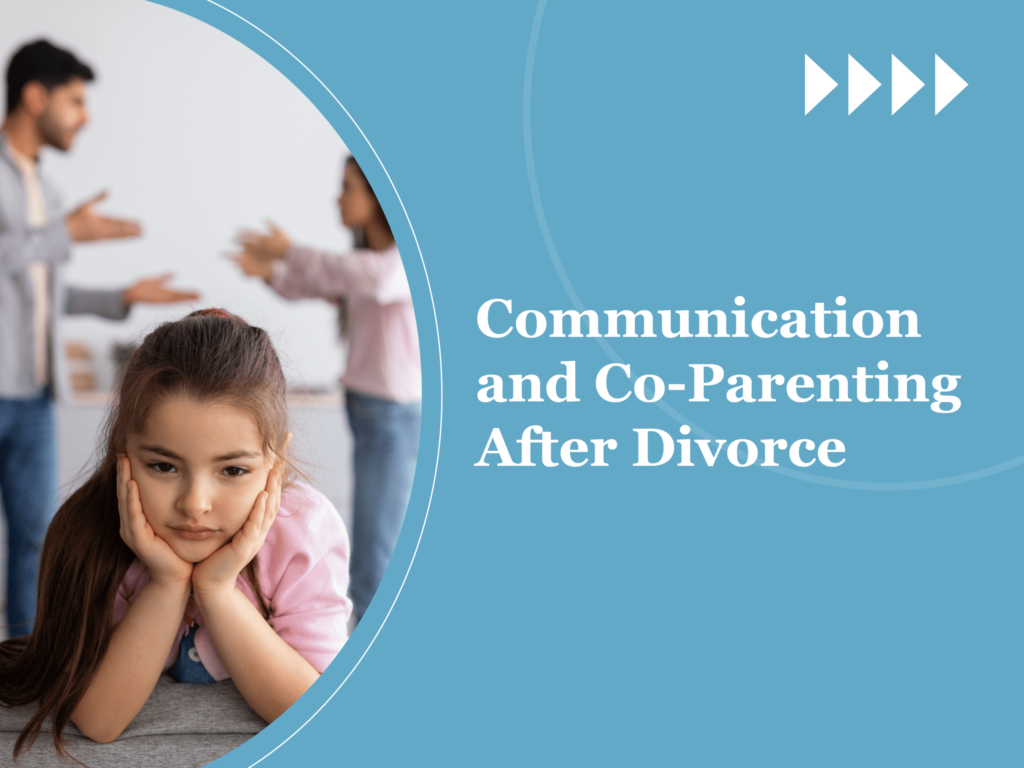

One of the trickiest facets of divorce is finding a way to communicate openly, effectively, and peacefully with your ex as you both navigate co-parenting together. In an ideal situation, co-parenting would be flexible, and communication would flow easily between parents. However, in the years following a divorce, circumstances can change.
According to reports, 58% of individuals remarry after divorce in the US, with statistics trending higher amongst younger divorcees. That means that chances are high that your co-parenting dynamic will shift with the arrival of new spouses and even, possibly, new children.
The question directed at Jessica Anderson during Love Court on the Alice 96.5 Morning Show is:
“I have a question about communication. My ex and I have been divorced for several years. Our children are now teenagers. Fortunately for the kids, we have always got along and never had any issues. I would have even called us friends. We have both always been really flexible and never really abided by our parenting agreement. Lately, though, something has changed. His wife texted me recently and accused me of interfering with their custodial time, and now my ex will not communicate with me at all. He won’t respond to texts or emails. I’m not sure how we are supposed to finish the job of raising these kids without speaking. My kids are in the middle, and he is telling them to relay important information to me. Isn’t he required by law to talk to me? I don’t know what to do.”
In this blog, we will discuss the laws and obligations surrounding lack of communication with an ex-spouse.
Communication Laws
When it comes to the obligations that parents have to communicate with one another about parenting, the details are normally set out in the decree. The court will ask parents to come up with a “parenting plan” in the best interests of the child.
A “parenting plan” is a tool used by parents, mediators, and lawyers to help establish how parents’ obligations will be divided during separation and divorce.
A parenting plan might be fairly general, simply outlining when your child will be in each parent’s care and who will make choices concerning the child. It may also be highly specific, establishing specified areas of decision-making authority for each parent, detailed calendars for your child’s activities and holidays, communication, travel, and other aspects of child care.
As you can see, communication is an aspect that is outlined in the agreement, and it’s legally binding. Parents are legally required to communicate essential information to each other.
Plan For The Changes
Although your original relationship with your ex may be friendly and flexible, it’s wise to have a backup plan for the day that changes. You may hope to always have a co-parenting relationship that isn’t tightly ruled by the custody agreement you put together – but remarriage can strain the relationship, so it’s smart to have a clear plan in place if that happens.
In the case described above, the ex-husband is in a tough spot, stuck between his new wife and his ex-wife, who clearly have differing views on how the relationship should be. It would be in everyone’s best interests for the two women to have a conversation about what is happening and try to find a middle ground that works for everyone and opens up the lines of communication again. At the end of the day, you shouldn’t blow up a successful co-parenting relationship if you can help it.
Put The Children First
As always, the priority in a divorce and co-parenting arrangement should be the best interests of the child. Putting your children in the middle is a tough position for them to be in – you cannot use your child as a messenger. However, if there is a breakdown in communication, or the former spouses want to communicate but aren’t comfortable with traditional email, text messages, or phone calls, there are apps out there to make communication easier.
Some of the best communication platforms for co-parenting are Our Family Wizard and Talking Parents. Co-parenting families can discover support and peace of mind by using one of these all-in-one communications services for shared parenting. There is even a calendar portion that allows parents to book their vacations or activities to inform the other party. In the original scenario, this might be a good solution to reopen communication channels until things calm down a bit.
When it comes to co-parenting and communication, it’s important to maintain communication and put the children first. Respect goes in all directions and can be a powerful tool in making a co-parenting relationship survive the ups and downs of remarriage and shifting family dynamics.
Anderson Keuscher PLLC is a renowned law firm in Reno focused on Family Law, Divorce Law, and property division. We understand that going through the process of co-parenting can be complicated. Our competent lawyers handle every case in a considerate and thoughtful manner. We help our clients navigate legal obstacles and go above and beyond to protect their legal rights and financial interests.
If you’re going through some issues with your co-parenting arrangement and are looking for a reliable family attorney to look after your best interests, get in touch with Anderson Keuscher PLLC.
